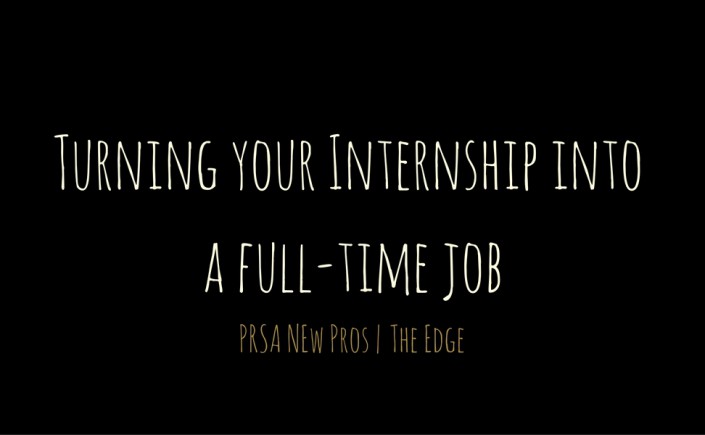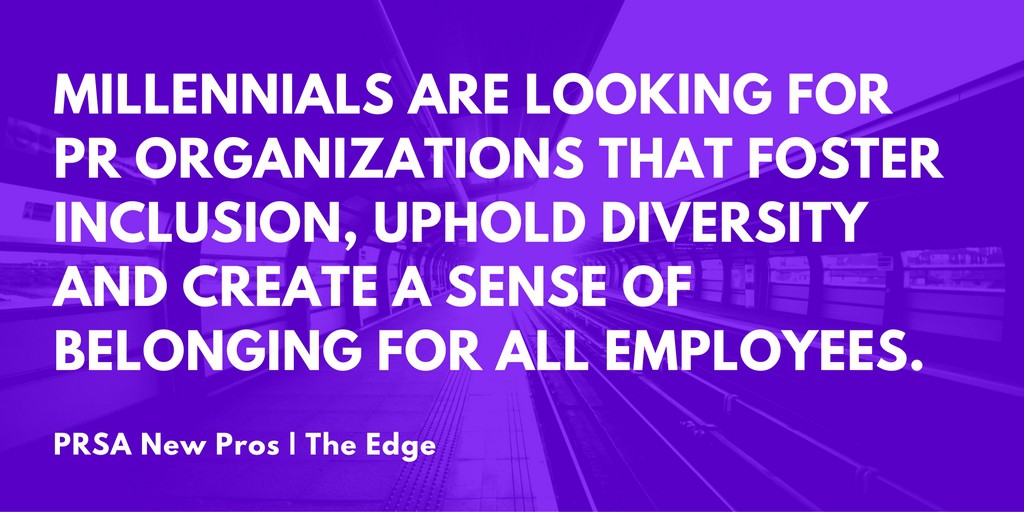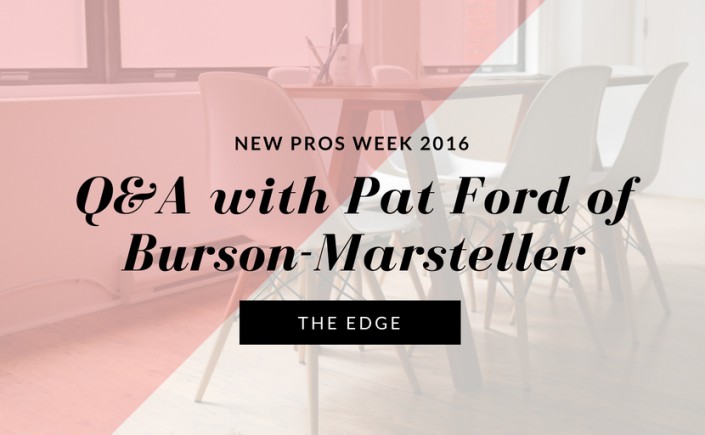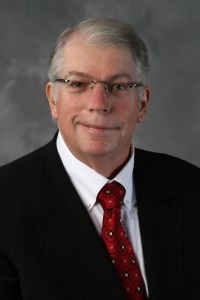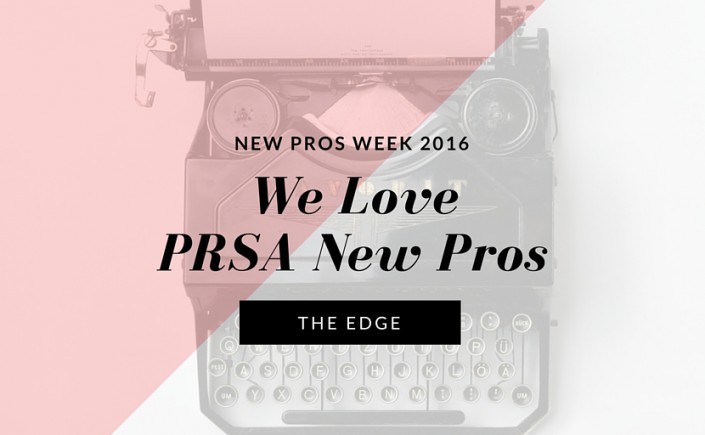Happy Diversity Month, new professionals!
I am passionate about diversity and human rights, but I don’t consider myself an activist. Rather, I am a storyteller, I am a superhero with a superpower. I believe that public relations professionals have the superpower to influence people’s behaviors not by communicating empty words but by using real stories to become agents of change.
Back in mid 2014, I decided to become a superhero with PRSA so I joined the Diversity Committee (now called Diversity and Inclusion Committee). As a committee member, I have seen super heroes from various backgrounds and different career stages work together in a variety of initiatives. In the committee, we use our superpowers to educate our membership on current issues related to diversity and inclusion throughout partnerships with the PRSA Foundation and other affiliate organizations, contributing blog posts to PRSay, hosting webinars and the #PRDiversity Twitter chats.
Although progress has been made, the work done by the D&I committee in cooperation with industry leaders and companies is far from complete. As our industry continues to evolve and to adapt to the new technologies we are presented with almost every day, the need to diversify the demographics of our practitioners and to work towards a more inclusive work environment is still as relevant today as it was more than 20 years ago when PRSA launched its first diversity initiative.
A launching statement for Diversity Month this year: “Lack of #PRDiversity makes Diversity Month more relevant” by Ana Toro, APR, Fellow PRSA stated, “many studies indicate that the industry still struggles to attract young Black, Asians, and Hispanic to pursue public relations as their career choice, while there is a lack of diversity in management positions industry-wide.”
The New Professionals Section leadership understands the importance of promoting diversity and inclusion among young practitioners. This year, I was selected as a diversity superhero (formally known as diversity liaison) for our section. In this role, I started two main initiatives that will be relaunched over Diversity Month:
* #DiversityTuesday: the posting of digital content over Twitter and Facebook that aims to raise awareness of diversity and inclusion topics of importance to new pros.
* What does diversity mean to you? Blog Series: A blog series that invites young practitioners to share their thoughts on diversity and inclusion through blog posting. On that note, if you would like to contribute to the series, contact me at henryc@uvu.edu.
In the second half of the year, an updated version of the Diversity Tool Kit® will be distributed to the local New Professional Leadership to contribute to and promote their diversity efforts.
Become a Diversity Superhero: Celebrate Diversity Month!
* Join and learn from Hugo Balta, Senior Director of Multicultural Content at ESPN, at PRSA’s webinar: “Diversity & Inclusion: The Competitive Edge” on August 16th from 3-4 PM EDT.
* Follow @PRSADiversity and use the #PRDiversity to promote an online conversation in diversity and inclusion topics.
* Post a diversity related question or share your knowledge with other professionals on the Online Forum hosted by the D&I Committee.
When we transitioned from PRSSA to PRSA, we all came with a different set of skills and aspirations. Not all of us came from the same demographic and socio economic background. Our job experiences along with our opinions and beliefs were, are, and will never be the same. All these components blended together make us unique and diverse.
To become a diversity superhero, working towards inclusion, and more specifically, acceptance, is a must. To excel in our profession and move on to management roles successfully, accepting all members of our team is an imperative. Being or learning to be in the mindset that all team members are valuable and have something to contribute will make of our industry more diverse and welcoming.
How are you going to become a superhero for Diversity Month?
 Henry Cervera Nique serves as the diversity liaison for the New Professionals Section and is a member of the Diversity and Inclusion Committee. Follow him on Twitter @SoyHenryCervera
Henry Cervera Nique serves as the diversity liaison for the New Professionals Section and is a member of the Diversity and Inclusion Committee. Follow him on Twitter @SoyHenryCervera


